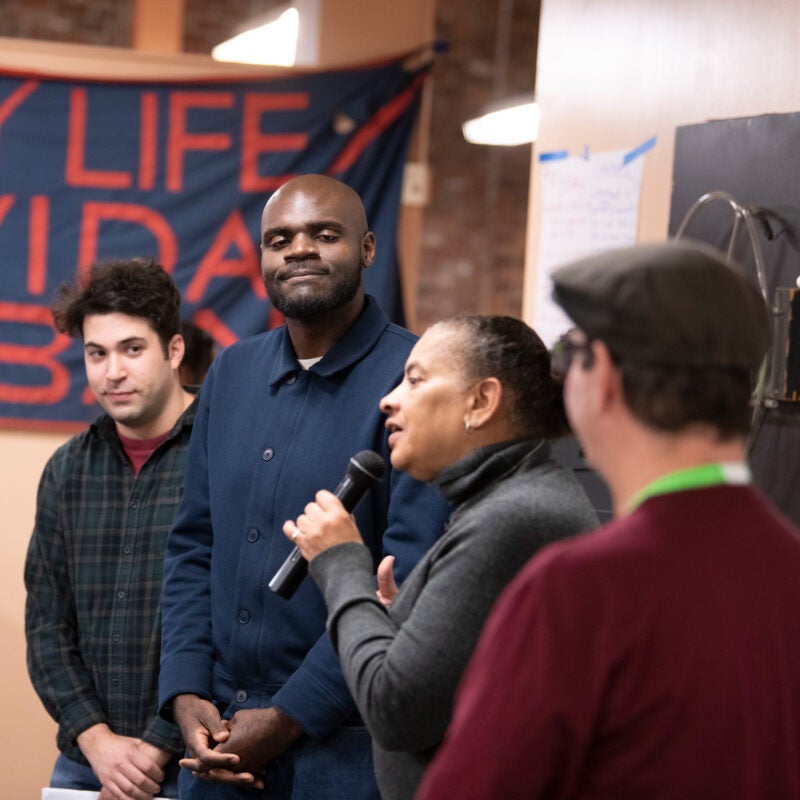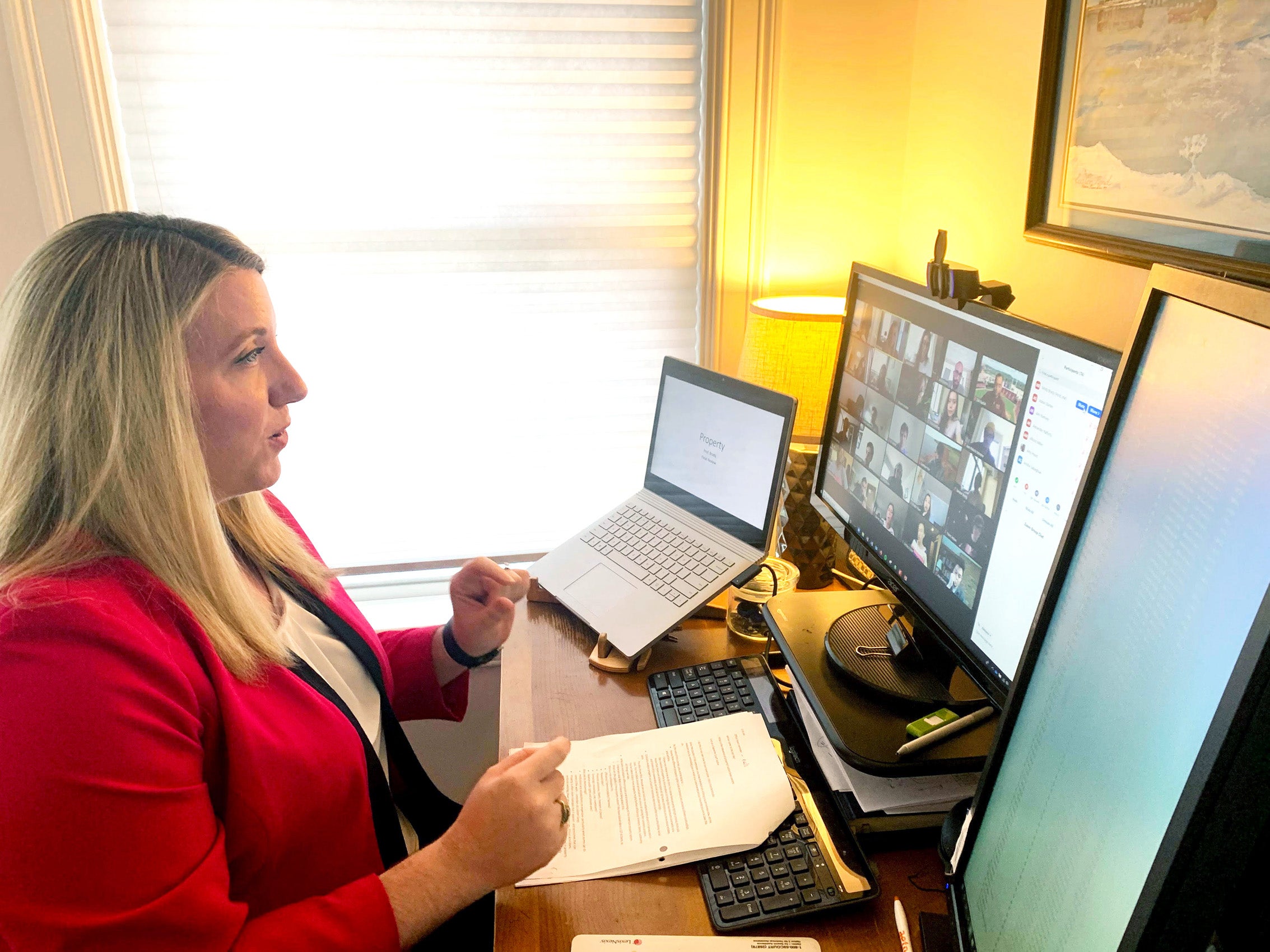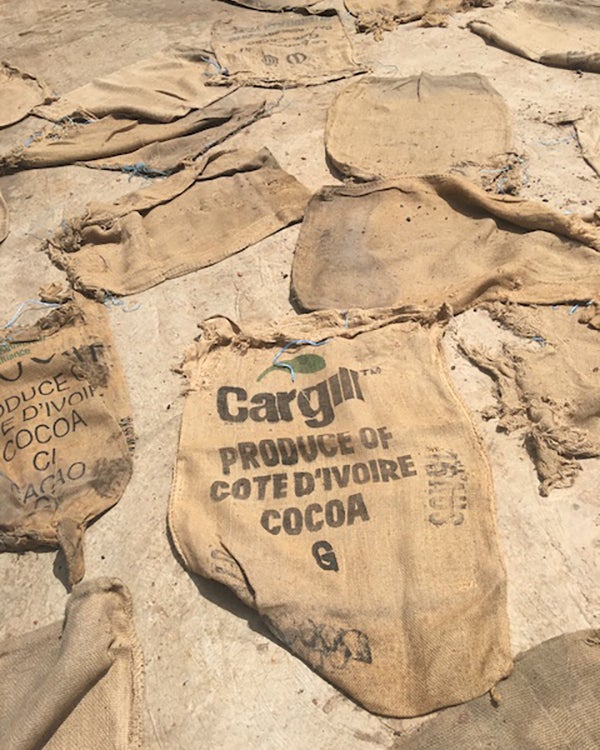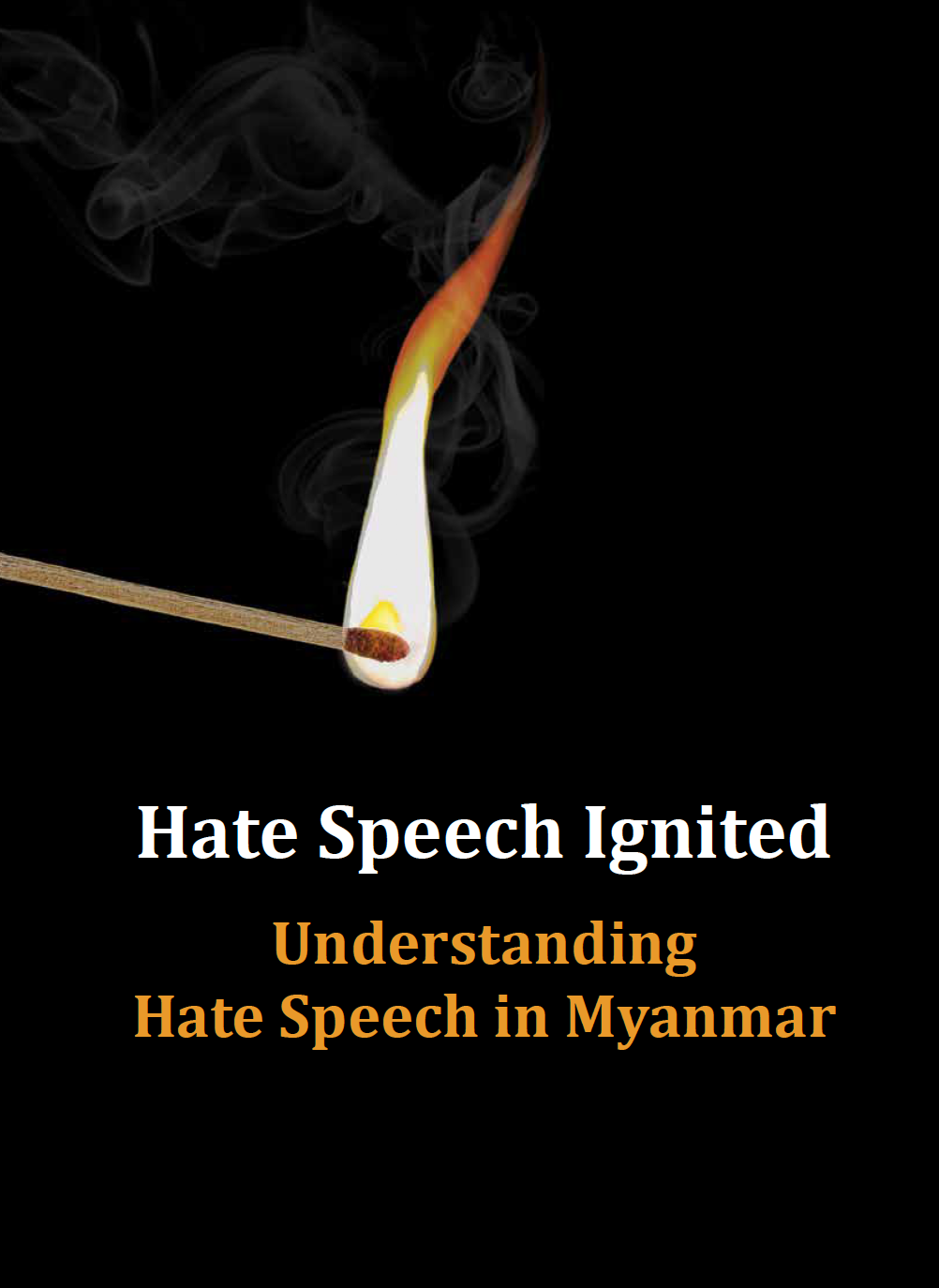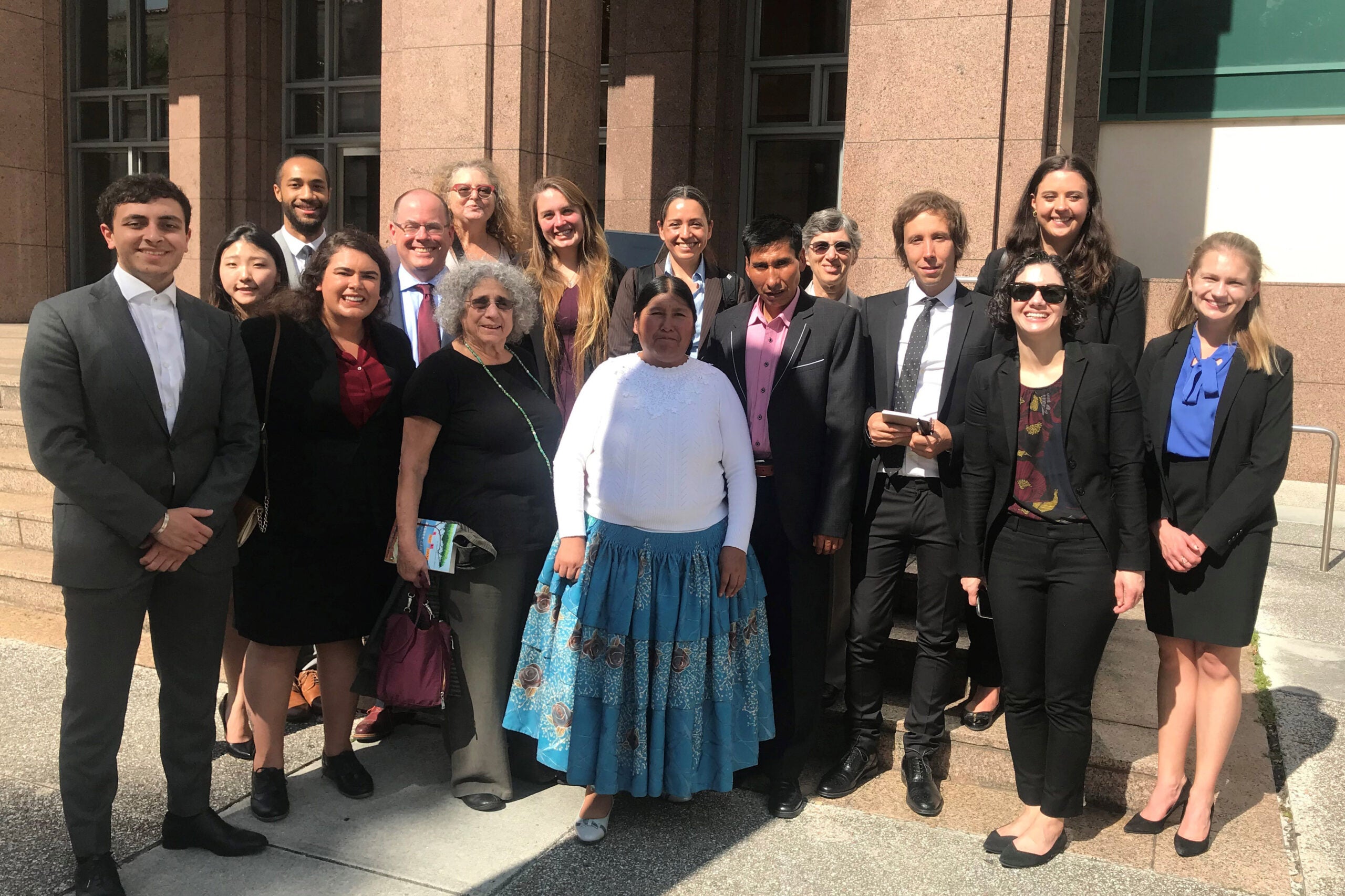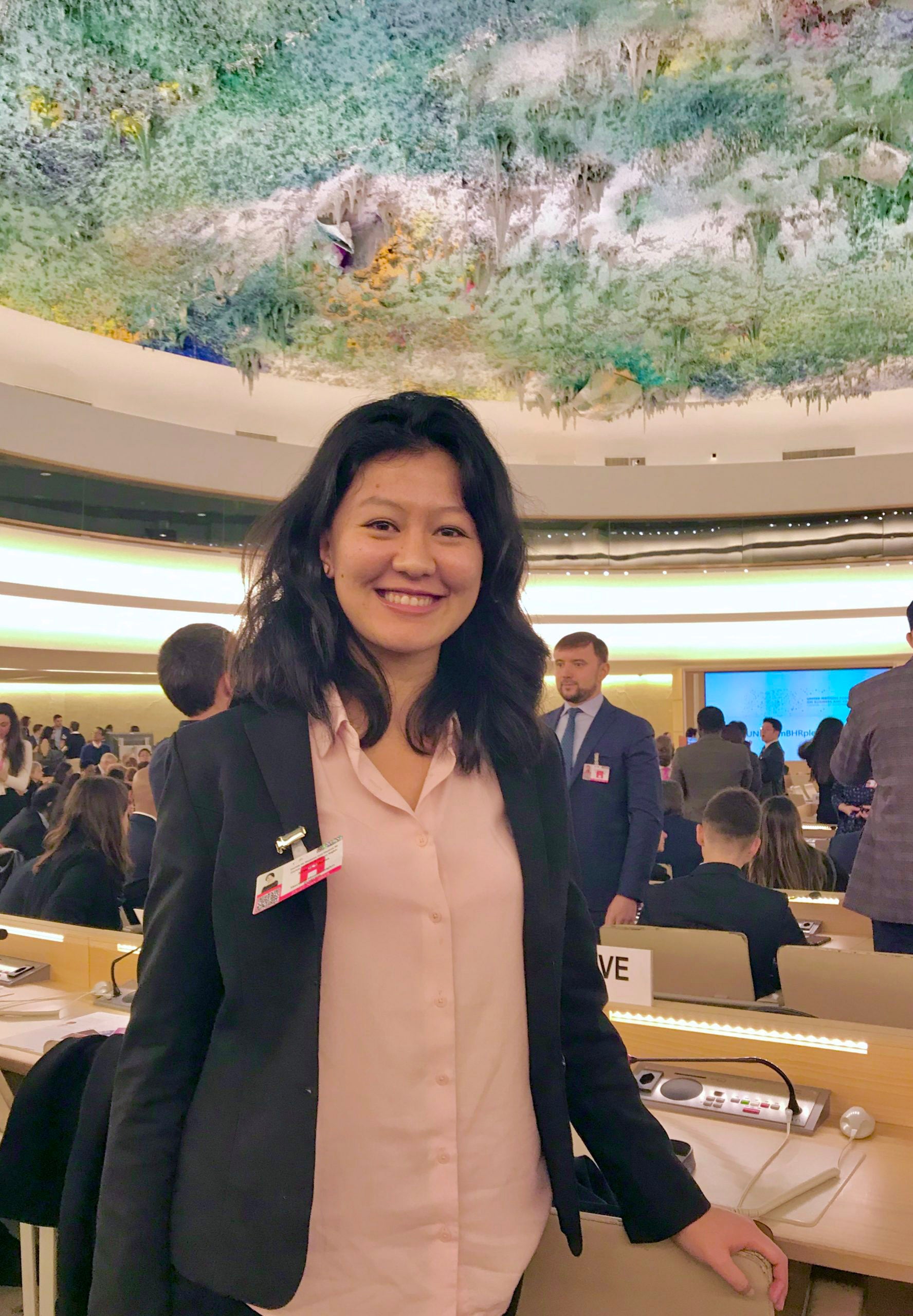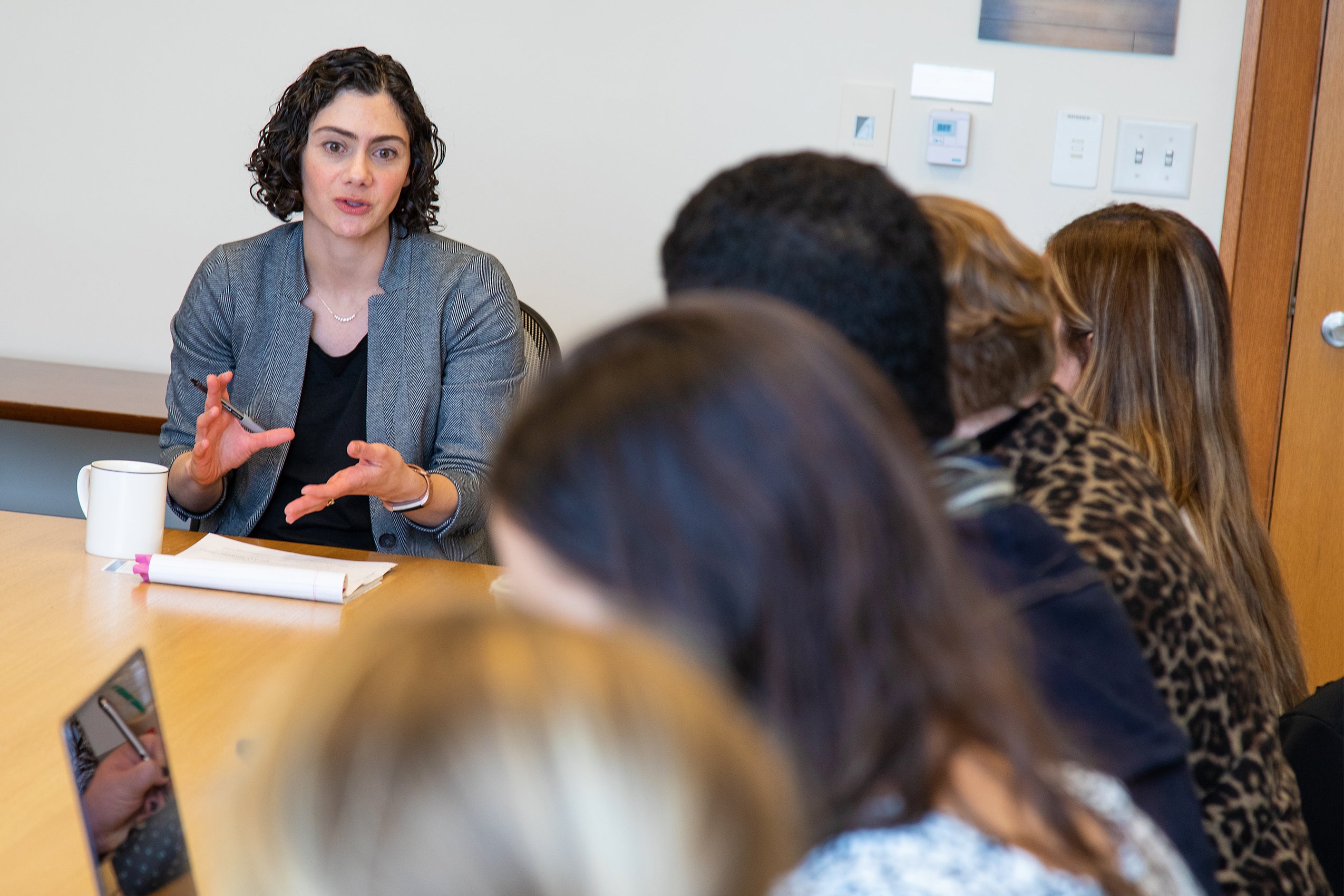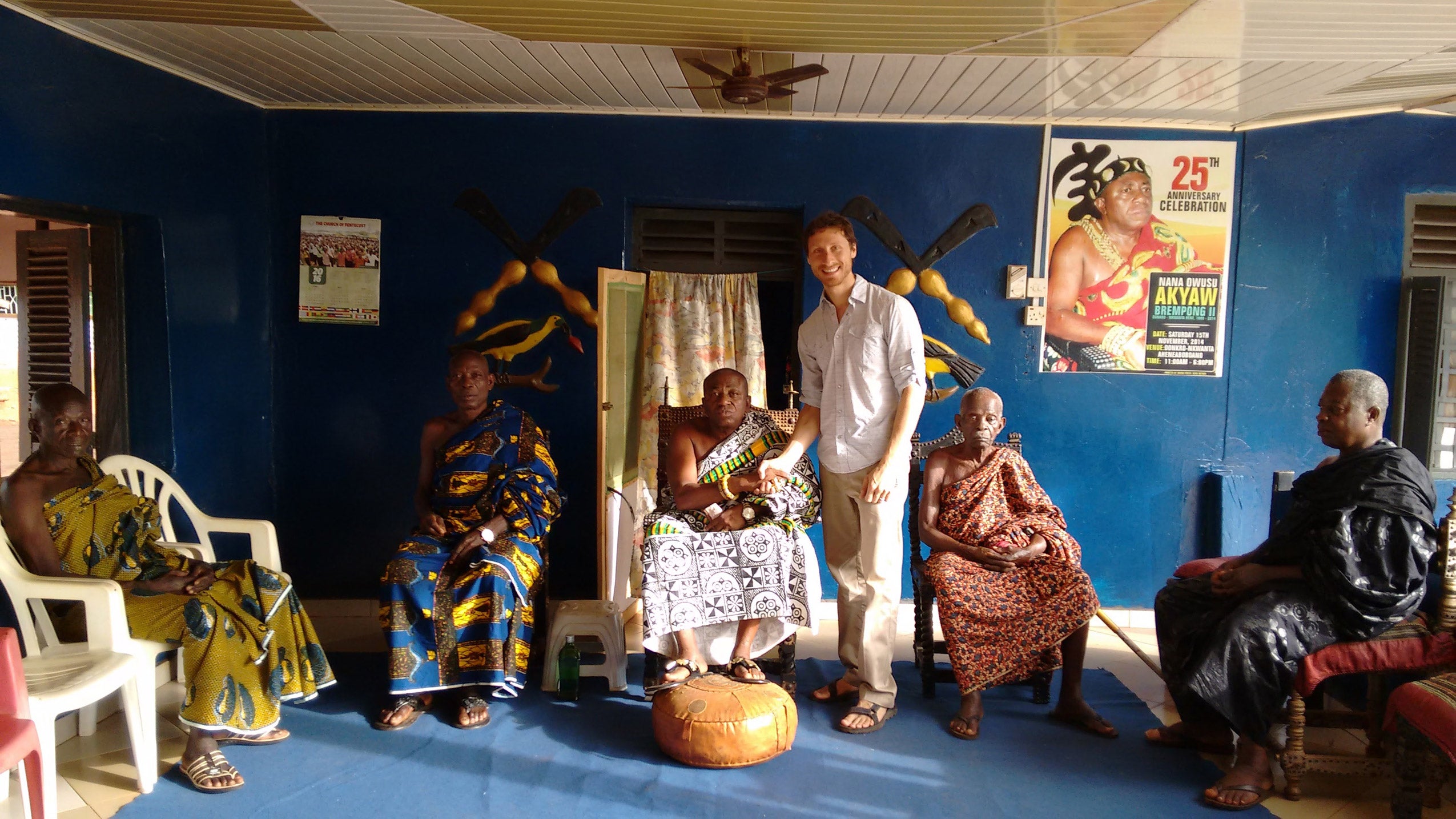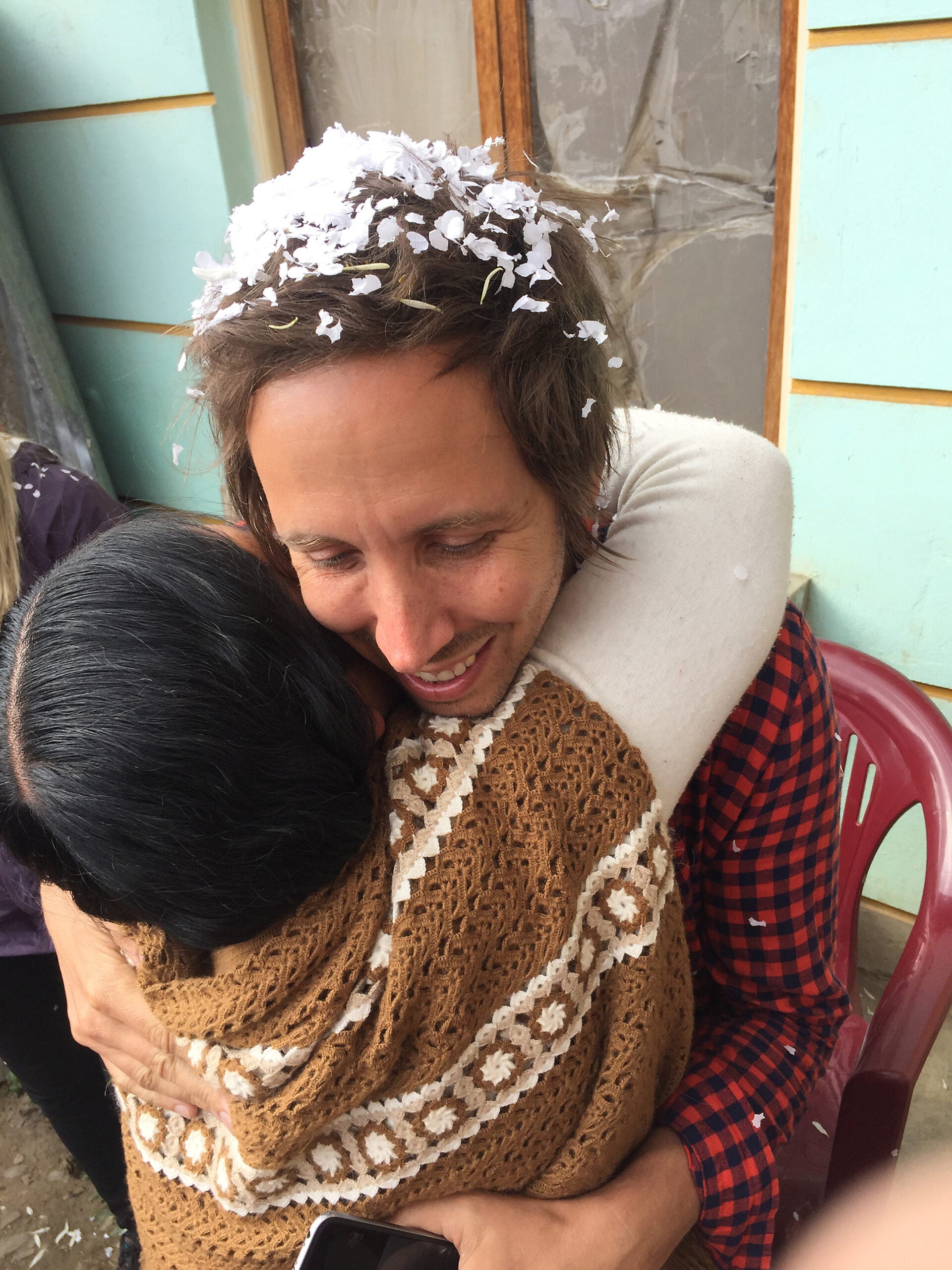People
Tyler Giannini
-
Beyond the Coup in Myanmar: Echoes of the Past, Crises of the Moment, Visions of the Future
April 26, 2021
An article by Tyler Giannini and Emily Ray ‘21: On Feb. 1, 2021, the Myanmar military – the Tatmadaw – shattered the all too brief effort to transition to democracy in Myanmar. Over the past two and a half months, the Tatmadaw has continued its illegitimate effort to undermine the democratic elections from last year and prevent the elected government from taking power. In the face of mass popular opposition and international condemnation, the military has only escalated its use of violence against its own population – systematically stripping away rights and violently attacking protestors and dissidents, reportedly killing over 700 civilians as of Apr. 20, 2021, and detaining more than 3,000. Despite the continued threats and extreme violence, the people of Myanmar have stood their ground and refused to be silenced. On Apr. 16, opponents of the coup from across the political spectrum announced the formation of a National Unity Government (NUG) to resist the military. Just as importantly, the Civil Disobedience Movement (CDM), a grassroots movement aimed at disrupting state functions and crippling the economy in order to undermine the military’s attempt to rule, has been hugely successful in galvanizing collective action since early February.
-
When War Criminals Run the Government: Not Too Late for the International Community to Vet Sri Lankan Officials
March 16, 2021
An article by Tyler Giannini and Sondra Anton ’22: The United Nations Human Rights Council’s deliberations over yet another resolution on Sri Lanka this month has cast renewed attention on repeated failures to achieve any semblance of accountability for past atrocities, and on the deteriorating human rights situation over the past year following the return to power of accused war criminal Gotabaya Rajapaksa as president. The lack of accountability and concerns about future violations have rightfully received the bulk of the attention. But there is another question worth bringing to the fore – namely, how did an alleged war criminal return to power – and relatedly, should the human rights system have done more to prevent such individuals from taking official power again?
-
Pursuing U.S. accountability for child slavery abroad
December 9, 2020
In October, the International Human Rights Clinic at Harvard Law School filed an amicus curiae brief on behalf of legal historians in the consolidated cases against two U.S.-based chocolate companies alleged to have aided and abetted child slavery in West Africa.
-
Combatting hate speech in Myanmar
October 16, 2020
A month ahead of elections in Myanmar, the International Human Rights Clinic and 18 organizations released a major report documenting and analyzing the role that hate speech, rampant misinformation campaigns, and ultranationalism have played in the resurgence of oppression and human rights violations in the country.
-
After months of delays, the International Human Rights Clinic filed an amicus brief in June in Doe. et al. v. Chiquita Brands International, a suit that seeks accountability for Chiquita's actions during the Colombian armed conflict from 1997 to 2004.
-
U.S. appeals court rules against former Bolivian president and defense minister over 2003 massacre
August 5, 2020
On August 3, the U.S. Court of Appeals for the Eleventh Circuit vacated a trial court judgment that had been entered in favor of Bolivia’s former president, Gonzalo Sánchez de Lozada, and former defense minister, José Carlos Sánchez Berzaín, for the massacre of unarmed Indigenous people in 2003.
-
In a Q&A, Yee Htun, clinical instructor in the International Human Rights Clinic, talks about systemic discrimination and violence against ethnic Rohingya in Myanmar and how Rohingya refugees are coping in the midst of a global pandemic.
-
Born and raised in Nepal, Sabrina Singh ’20 has been speaking out about how the COVID-19 pandemic could exacerbate conditions in her home country.
-
Human rights seminar tackles barriers to women’s leadership
December 3, 2019
This fall, Harvard Law School Clinical Professor Susan Farbstein ’04 is teaching "Human Rights Careers: Strategic Leadership Workshop," a seminar focused on advocacy and leadership for students interested in careers in human rights or social justice.
-
JET-Powered Learning
August 21, 2019
1L January Experiential Term courses focus on skills-building, collaboration and self-reflection
-
Alice Cherry ’16 and Kelsey Skaggs ’16 have been named 2018 Echoing Green Fellows. In 2016, Cherry and Skaggs co-founded Climate Defense Project (CDP), a legal nonprofit that provides advice and support to the climate movement in the United States and internationally.
-
The shock troops who expelled the Rohingya from Myanmar
June 27, 2018
In early August last year, a young lieutenant named Kyi Nyan Lynn flew to Rakhine State, with hundreds of other Myanmar soldiers. They were about to launch a campaign that would drive hundreds of thousands of Rohingya Muslims from their homes and leave the region in flames. First, however, Lieutenant Kyi Nyan Lynn of the 33rd Light Infantry Division did what any young man might do: He wrote a Facebook post...Photos published in August 2017 on Facebook show troops and trucks packed into a navy landing craft. The use of aircraft and boats to transport the soldiers showed that a joint operation by Myanmar's airforce, navy and army was underway, said three analysts who have studied the military's command structure, and two experts in international criminal law. A joint operation and the deployment of troops from outside the region "indicate central command at the highest levels," said one of the experts, Tyler Giannini, co-director of the International Human Rights Clinic at Harvard Law School.
-
For HLS grads Jonathan Kaufman and Lillian Langford, a 1L summer abroad set careers in motion
June 11, 2018
As dozens of HLS students plan to pursue public service work abroad this summer, Jonathan Kaufman ’06 and Lillian Langford JD/MPP ’13 recall that seeds planted during their own 1L summers grew, strongly and directly, into the work they are doing today
-
“After a decade of tireless fighting, a measure of justice”
April 13, 2018
When the verdict came down, most of the litigation team was in the second row of the courtroom, leaning forward, tense with the waiting, trembling at times. But Thomas Becker '08 was in the front row, arm around the shoulders of Felicidad Rosa Huanca Quispe, whose father was shot dead in the street all those years ago.
-
Justice for the slain in Bolivia
April 5, 2018
From a distance of 15 years and more than 3,000 miles, relatives of people killed by Bolivian security forces in 2003 have had their first taste of justice. A federal court civil jury in Fort Lauderdale, Fla., on Tuesday found former Bolivian president Gonzalo Sánchez de Lozada and his defense minister responsible for extrajudicial killings during a period of civil unrest, and awarded the plaintiffs $10 million in compensatory damages...Over the past decade, dozens of HLS students have worked on the case, under the supervision of clinical professors Susan Farbstein, J.D. ’04, and Tyler Giannini. Students have drafted briefs, traveled to Bolivia on fact-finding missions, and prepared for oral arguments, all in hopes of bringing the suit to trial. Farbstein and Giannini, who co-direct the International Human Rights Clinic, hailed the verdict, Giannini calling it “a clear signal that the U.S. is not a safe harbor for individuals who commit violent abuses and, just as importantly, it sends a message that no one is above the law.” “This is a major win for our clients, who have fought so long and so hard to get justice for their loved ones,” said Farbstein.
-
South Florida Jury Finds Bolivian President Responsible For Civilian Massacre By Military
April 4, 2018
For decades, Latin American strongmen have had an escape route when their violent regimes are forced out of power: Stashing millions in ill-gotten gains in Florida beachfront property and hiding out in the tropical sunshine. But those days may finally be ending thanks to a landmark jury verdict in Fort Lauderdale yesterday. A federal jury found that two former Bolivian leaders were responsible for a bloody government crackdown in 2003 known as "Black October" and awarded $10 million to the families of indigenous peaceful protesters their soldiers killed..."It's a historic verdict because it holds the former president and defense minister to account, and it shows the most powerful people are not above the law in the United States," says Tyler Giannini, co-director of the Harvard Law School's International Human Rights Clinic, which helped bring the lawsuit in South Florida.
-
Jury Finds Former Bolivian President and Defense Minister Responsible For Extrajudicial Killings Of Indigenous People
April 4, 2018
In a landmark decision Tuesday, a federal jury found the former president of Bolivia and his minister of defense responsible for extrajudicial killings carried out by the Bolivian military, which killed more than 50 of its own citizens and injured hundreds during a period of civil unrest in September and October 2003. The decision comes after a ten-year legal battle spearheaded by family members of eight people killed in what is known in Bolivia as the “Gas War.”...“This win is not only a momentous victory for the plaintiffs and the people of Bolivia, but affirms that no one is above the law,” said Tyler Giannini, Co-Director of Harvard Law School’s International Human Rights Clinic. “The plaintiffs’ victory sends an unmistakable signal to perpetrators around the world that they can be held to account for human rights abuses in the United States,” added Susan Farbstein, Co-Director of Harvard Law School’s International Human Rights Clinic.

